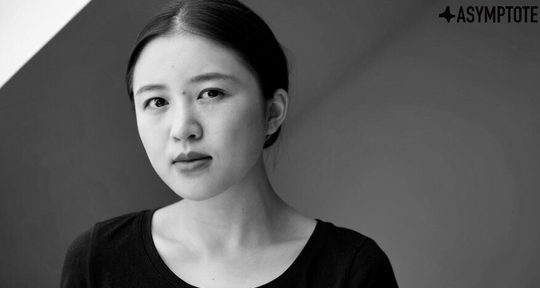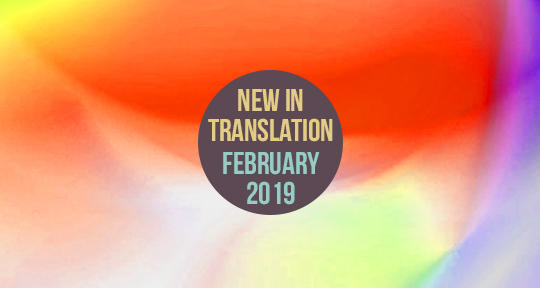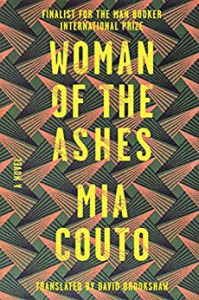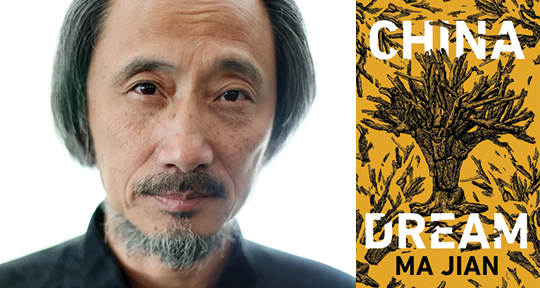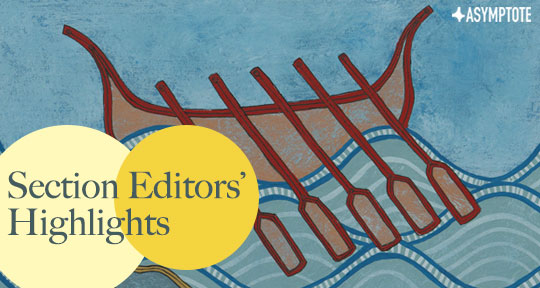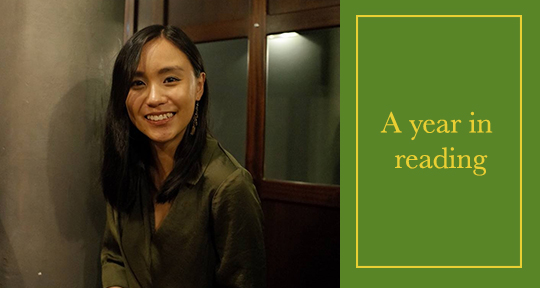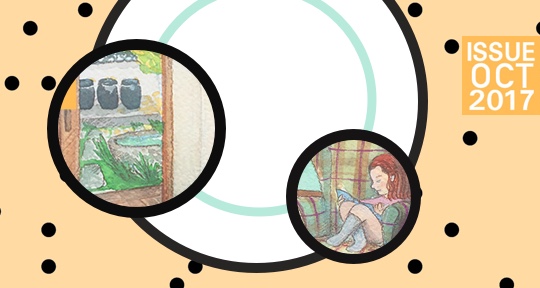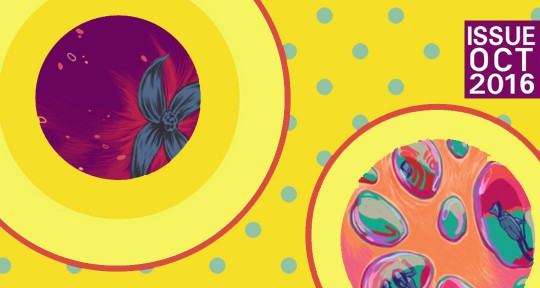Asymptote is more than a journal—it’s a one-stop portal for world literature news. September 2017 marks a milestone for two essential columns: the second anniversary of our monthly What’s New in Translation? reports, compiling in-depth staff reviews of the latest world literature publications; and the first anniversary of our weekly Around the World with Asymptote roundups, gathering literary dispatches from every corner of the globe (not aggregates of news hyperlinks culled from elsewhere, mind you, but actual reporting by staff on the ground). Though we do reviews better than most, I’m especially proud of the latter column, which has provided first-hand literary coverage from more than 75 countries by now thanks to Assistant Managing Editor Janani Ganesan, Senior Executive Assistant Daljinder Johal, and of course our valiant blog editors who upload, edit, and proofread every single dispatch. Inconveniently (because I have been invited to speak at five panels in four cities in the last quarter of 2017, and also because the then-erratic social media team will soon need to be replaced entirely), the lump in my neck turns out to be thyroid cancer, my doctor summons me back to his office to tell me in August 2017. A few days before the first of my three hospitalizations that quarter, I share the news with my team. Just as I’m about to be wheeled into surgery, one concerned colleague emails me to say that the same influential person who demanded I pay translators two years ago is making new noise about Asymptote on social media; some PR intervention might be called for. Well, if the work my team and I’ve done doesn’t speak for itself by now, I think to myself sadly, if no one comes to Asymptote’s defence, then let it be. Though my life expectancy—one year on—remains the same as before the diagnosis, the mortality scare from that time has made me confront what to do with Asymptote—as it stands right now, we are still a long way from sustainability; no one would willingly step into my role. Will readers rally to keep us alive, if push comes to shove? Here to introduce the Fall 2017 issue and the French New Voices Feature that I edited is French Social Media Manager Filip Noubel.
I joined Asymptote in the fall of 2017. This old dream finally came true as I was sitting in Tashkent, struggling with flaky Uzbek Internet and reflecting on how my nomadic life across cultures and languages was mirrored in the history of that city where identity has always been both plural and multilingual, and where literature has often turned into the last space for resistance.
As I looked at the Fall 2017 issue of Asymptote, I felt as if I had just been invited to a literary dastarkhan. In Central Asia, when guests arrive and are invited into the interior of a traditional house to sit on the floor, a large tablecloth is thrown on the ground and rapidly filled with a mix of delicacies and treats from various parts of the region. Fruits (fresh and dry), cooked meats, drinks (hot and cold), vegetables, sweets, bread and rice are all displayed to please the eye. Despite being very different, they all contribute to the same feast. Just like any issue of Asymptote in fact: a collection of diverse texts from various corners of the world all united by an underlying theme, and carefully curated to satisfy the most curious minds. As I read this issue, I sensed it had been especially designed to please my literary taste buds.
Marina Tsvetaeva opened the gates of translation for me when I was studying translation theory in Prague, and in one of her Four Poems I could once again hear the rebellious voice that had seduced me back then: READ MORE…


